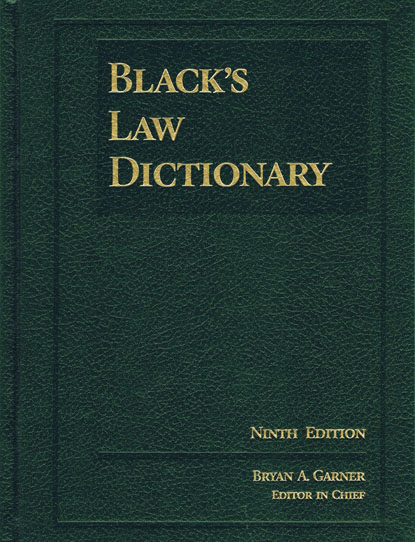
ARTICLE: RICKY POLSTON: CHIEF JUSTICE OF THE FLORIDA SUPREME COURT
"Keeping sibling groups together is such an important thing in what we do. You don't have your biological parents, so if you're kept with your biological siblings, it's an incredible gift."
"What’s inside:
• Defining a sibling relationship
• Legal framework for protecting
sibling connections
• The importance of siblings
• Sibling relationships in abusive or
neglectful families
• Benefits of placing siblings together
• Barriers to placing siblings together
• Practices for keeping siblings
together in placement
• When siblings cannot live in the
same home
• Maintaining ties between
separated siblings
• Sibling issues within the
foster or adoptive family"
Sibling Issues in Foster Care and Adoption by Child Welfare Information Gateway
|
"The relationships people share with siblings are often the longest-lasting they will ever have. Siblings are there from the beginning, and they are often still around after parents, and even spouses and children, are gone." Keeping Siblings Together: Past, Present, and Future By Emily Kernan (National Center for Youth Law) |
“Our ultimate goal is to keep siblings together because it continues to form that bond,” said Lasonja Houston, director of programs at One Hope United in Tampa. “It helps them grow as individuals to maintain their identity and their family.”
Tampa-area five-sibling group in foster care finds forever home-together
"In this Information Packet on Siblings in Foster Care you will find:
o Fact Sheets
o Practice Tips
o Model Programs
o Review of Policies and Legislation
o References and Suggested Readings
o Web Resources"

Child [Black's Law Dictionary (9th ed. 2009)]: 1. A person under the age of majority. 2. Hist. At common law, a person who has not reached the age of 14. 3. A boy or girl; a young person. 4. A son or daughter. “The word ‘children’ is normally used to denote issue of the first generation only.” Restatement of Property § 267, cmt. c (1940).
Sibling [Black's Law Dictionary (9th ed. 2009)]: A brother or sister.
Dependent Child [Black's Law Dictionary (9th ed. 2009)]: A needy child who has been deprived of parental support or care because of the parent's or other responsible person's death, absence from the home, physical or mental incapacity, or (in some cases) unemployment. • This definition was formerly found in Aid to Families with Dependent Children (AFDC), 42 USCA § 606(a). When that program was replaced with Temporary Assistance to Needy Families (TANF), the definition was eliminated although sections of TANF refer to it (see, e.g., 42 USCA § 672(h)). [Cases: Infants 154.1, 157, 158; Social Security and Public Welfare 194.2.]
Foster Child [Black's Law Dictionary (9th ed. 2009)]: A child whose care and upbringing are entrusted to an adult other than the child's natural or adoptive parents, usu. by an agency. • A foster child may receive informal, voluntary care by someone (often a grandparent, other relative, or neighbor) who enters into an agreement with the parent or who simply substitutes for the parent as necessary to ensure the child'sprotection. More formally, the child may be part of the federal–state foster-care program that identifies, trains, and pays caregivers who will provide family care for children who lack parents or cannot safely remain with their biological or adoptive parents. — Also termed (archaically) fosterling. See foster parent under PARENT. [Cases: Infants 226.]
Gives the statutory basis for the Florida Adoption Act with an emphasis on maintaining sibling groups. Also includes helpful links to similar information.
25 Fla Jur Family Law § 245: Purpose of state protection of dependent children
"[M]ake every possible effort, when two or more children who are in the care or under the supervision of the Department are siblings, to place the siblings in the same home; and in the event of permanent placement of the siblings, to place them in the same adoptive home or, if the siblings are separated, to keep them in contact with each other."
